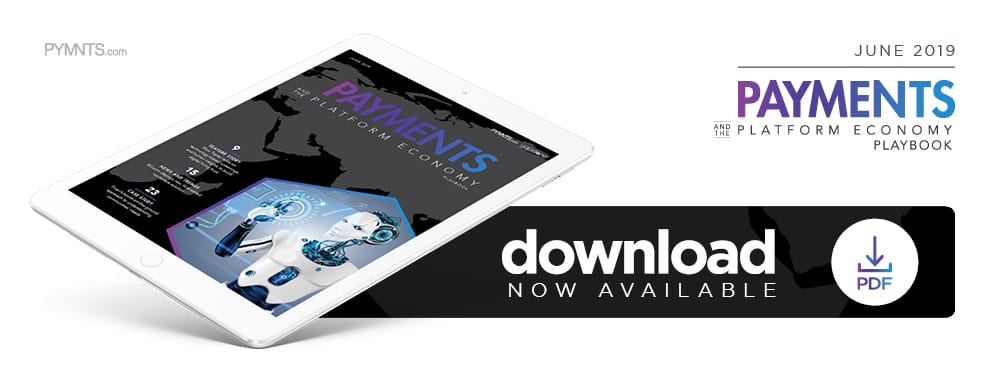How Toptal Seeks To Instill Freelance Marketplace Trust

Nearly three-quarters of U.S. businesses will employ remote workers by 2023. Making those payments friction-free will be key to attracting and retaining talent. In the latest Payments And The Platform Economy Playbook, Martin Chikilian, VP of talent operations for freelance marketplace Toptal, discusses how they think local when making payments to a global freelance workforce.
 Employers actively seek out freelance professionals to help fill skill and knowledge gaps, handle ad hoc projects and provide temporary staffing for seasonal business fluctuations. Many professionals, largely driven by the appeal of flexibility, are meanwhile choosing to become independent workers. In all, freelancers are expected to comprise more than half of the U.S. workforce by 2027.
Employers actively seek out freelance professionals to help fill skill and knowledge gaps, handle ad hoc projects and provide temporary staffing for seasonal business fluctuations. Many professionals, largely driven by the appeal of flexibility, are meanwhile choosing to become independent workers. In all, freelancers are expected to comprise more than half of the U.S. workforce by 2027.
The remote nature of such gigs can be key to enabling worker participation in industries that lack strong local footprints. Martin Chikilian, vice president of talent operations for freelancing marketplace Toptal, observed that many software developers in Córdoba, Argentina, where he lives, work remotely for Silicon Valley and New York City technology firms, for example.
Freelance marketplaces aim to connect companies with freelancers, but keeping all parties satisfied is complex. They must cater to two customer bases — freelance professionals and hiring companies — at once, keeping pace with changing demands and finding the right strategies and technologies to help them stay current.
In a recent interview with PYMNTS, Chikilian explained how Toptal tackles these issues while earning the trust of both the companies and workers it serves.
Building trust through screening
Companies want to feel confident they are hiring workers who will create high-quality products, not those who are unqualified or will cause problems for the business or its deadlines. Toptal uses a freelancer screening process that combines technology and live staff to assure employers it is a reliable source for effective workers. It allegedly only accepts 3 percent of each month’s applicants.
The platform also gathers performance data on already-hired freelancers, then analyzes the information to establish metrics and standards to which new applicants are compared, Chikilian explained.
“The Toptal platform stores information on the different needs our clients have [and] helps us track our talent,” he said. “[This], in turn, helps us keep the pulse on how top talent in the world is being leveraged by clients, as well as [the freelancers’] career progressions.”
Screening cannot be entirely left to technology, however. Toptal recruits individuals with professional backgrounds in the areas with which the platform helps its clients to assist in the assessment process. These screeners often come from its existing freelancer pool.
Payments approaches
Keeping workers happy means ensuring convenient payments for services rendered. Many freelancers live in different countries than their ad hoc employers, making currency exchange rates and payment tracking significant concerns.
“Cross-border fees are one of the things people are most interested in overcoming right now,” Chikilian said.
Toptal provides gig workers with invoicing services and payment options, including to transfer funds into bank accounts through a partnership with cross-border payments company Payoneer. Employers are also able to pay through payment rail options like ACH, bank wires, credit cards and PayPal.
Blockchain-based currencies can reduce foreign exchange (FX) costs and grant rapid payment transfers, Chikilian noted. Toptal is keeping an eye on this technology, but has so far seen little demand for cryptocurrency. Money transfer firms draw attention, but most in-platform payments are handled through bank transfers. Chikilian envisions that the payment services provider space will likely see many new entrants and become increasingly competitive in the future.
Freelancer marketplaces like Toptal will need to keep a close eye on industry changes and be ready to provide the latest swift, secure options to their talent pools. Those that can keep both professionals and companies satisfied will play key roles in supporting the freelance sector’s growth.